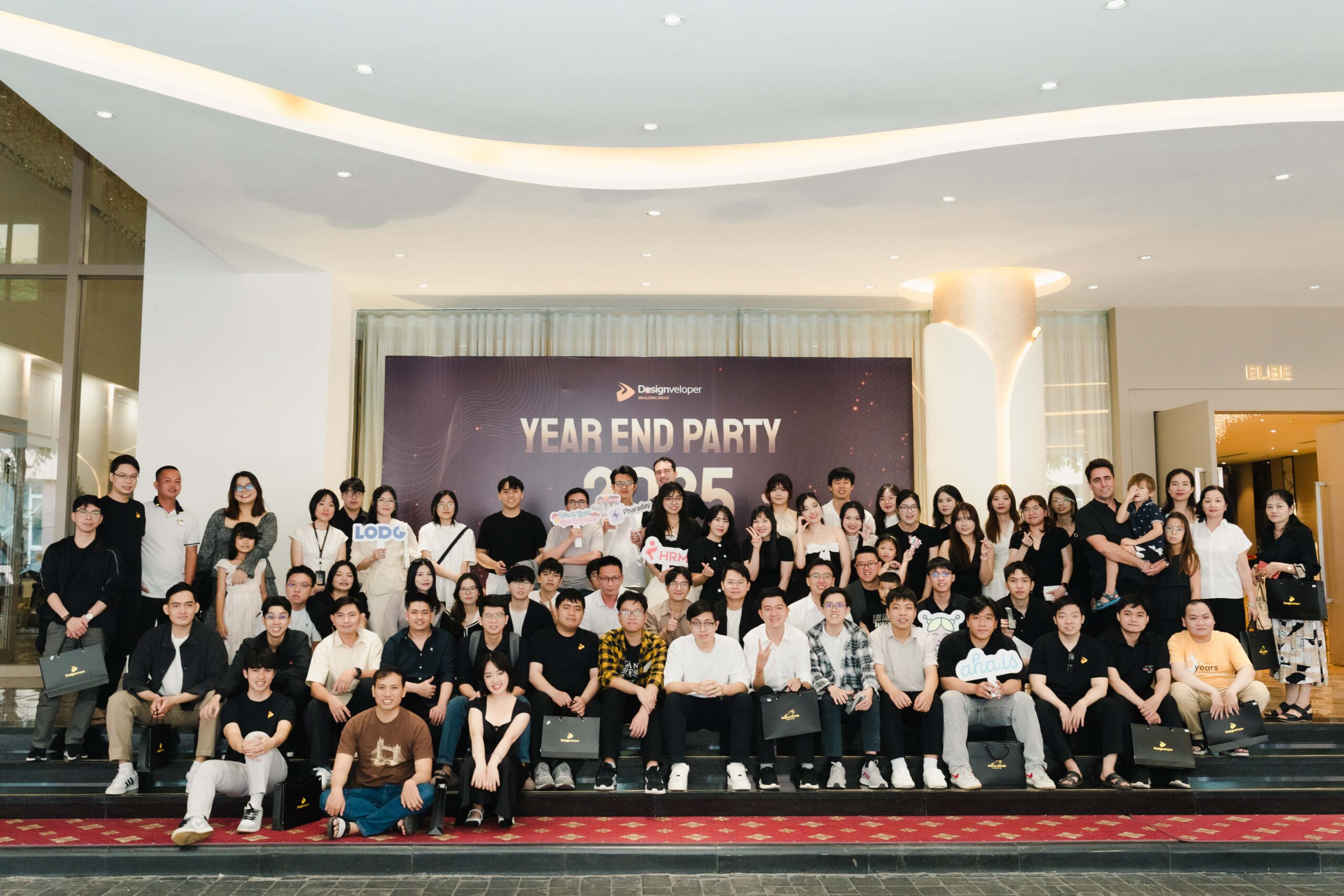Best Salesforce Consulting Companies: Who to Trust in 2025
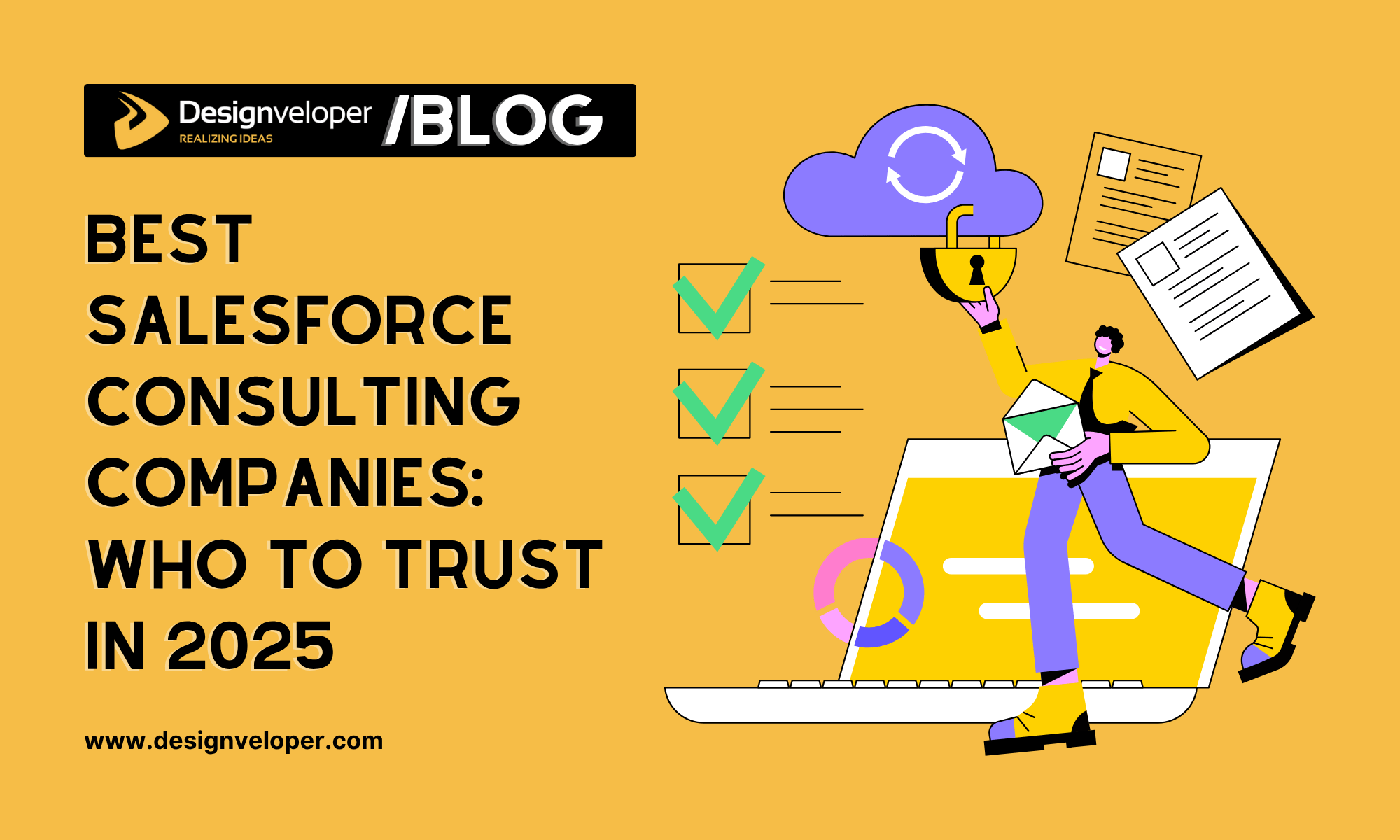
Salesforce is huge. It powers sales, service, marketing, analytics, and now AI-driven workflows. But size comes with problems. Projects get messy. Teams hit roadblocks. What looked like a clean CRM rollout turns into another system people complain about in meetings. Most companies don’t fail because Salesforce itself is broken. They fail because the setup was wrong, or the adoption never stuck. Forrester has estimated that up to 70% of CRM projects fall short of expectations, often because the platform wasn’t tailored properly to the business. That’s a people and process problem, not a software flaw.
This is where the top Salesforce consulting firms matter. The right partner turns Salesforce into a system people actually want to use. They map processes, streamline integrations, and guide teams through adoption so the platform works across departments.
There are thousands of certified partners worldwide. Some are boutique specialists, focused on automation and niche industries. Others are global operators with huge teams and 24/7 managed services. No single firm is perfect for everyone. What you need depends on your size, your industry, and how fast you plan to scale.
6 Salesforce Consulting Partners to Consider Hiring
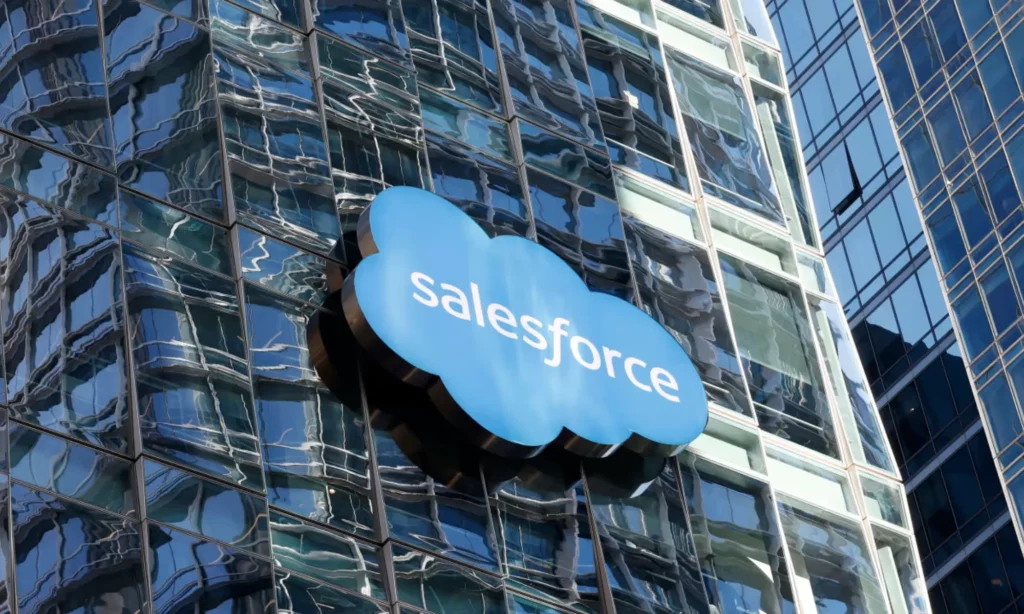
Salesforce has partners everywhere. Thousands of them, and they don’t all look the same. Some are small outfits, two or three people who live and breathe automation projects. Others are massive consultancies with delivery centers scattered across the globe. Same badge, very different reality.
The small firms often shine when speed and flexibility matter. They sit with clients, tweak workflows on the fly, and usually understand the quirks of a business faster. The downside is obvious – they can’t take on unlimited projects, and sometimes they don’t have the scale for a huge rollout.
Then you’ve got the giants. Certified teams in the hundreds. They can run parallel implementations across regions and keep everything consistent. But if you’re a ten-person startup trying to get Salesforce running next month, you’ll probably drown in their process.
In the middle are the specialists. Firms that stick to certain industries like real estate or finance, or mid-sized consultancies that try to balance depth with agility. Some even build their own apps on top of Salesforce, which adds another layer of expertise.
Here are some of the partners worth watching right now.
1. Routine Automation – Best for Salesforce Implementation
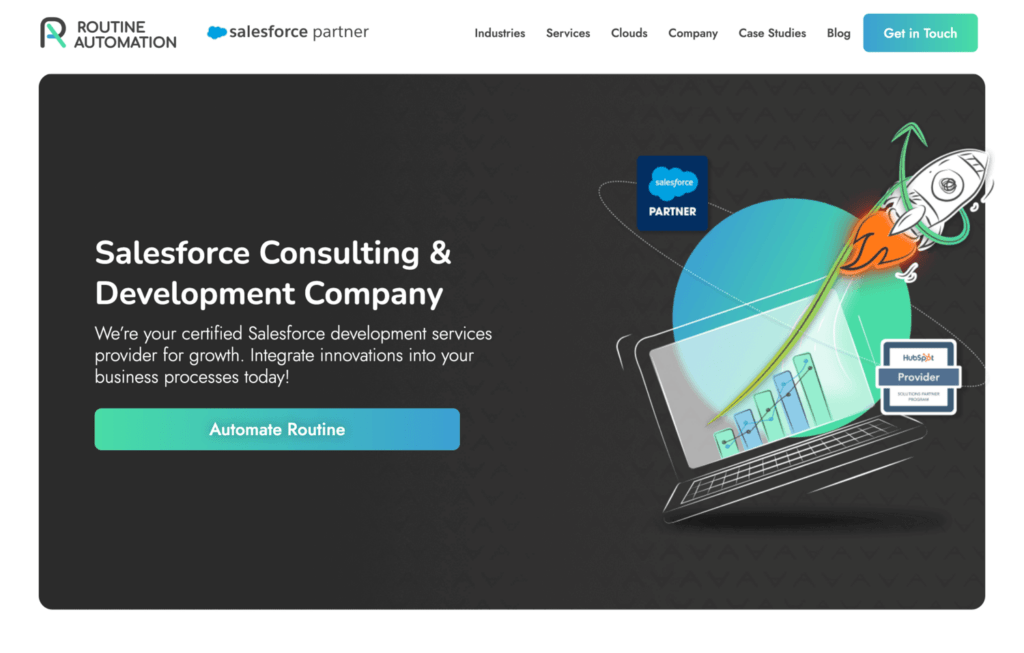
Salesforce can get messy fast. Too many moving parts, too many teams pulling in different directions. That’s where Routine Automation makes its mark. They don’t just “install Salesforce.” They step back and ask why the system is being set up in the first place, then build around that logic. It sounds obvious, but it’s where a lot of projects go wrong.
Routine Automation is a boutique Salesforce development company, which means they stay close to every project they take on. Their team digs into process flows, maps out how departments actually work, and then designs solutions that people can use day to day. The result is cleaner implementations, faster adoption, and fewer of those “we spent all this money, but nothing works” horror stories.
They’re especially strong in automation and AI-driven customization. Case studies show them building systems that aren’t just functional, but scalable – the kind that keep working even as a company grows.
Pros
- Focused on real business impact, not just technical setup
- Strong in automation, custom builds, and tricky CRM challenges
- Collaborative style and quick turnaround
- Advanced AI implementation expertise
Cons
- Boutique scale means limited project slots
- Pricing depends heavily on scope
2. Algoworks – Best for Collaborative Development
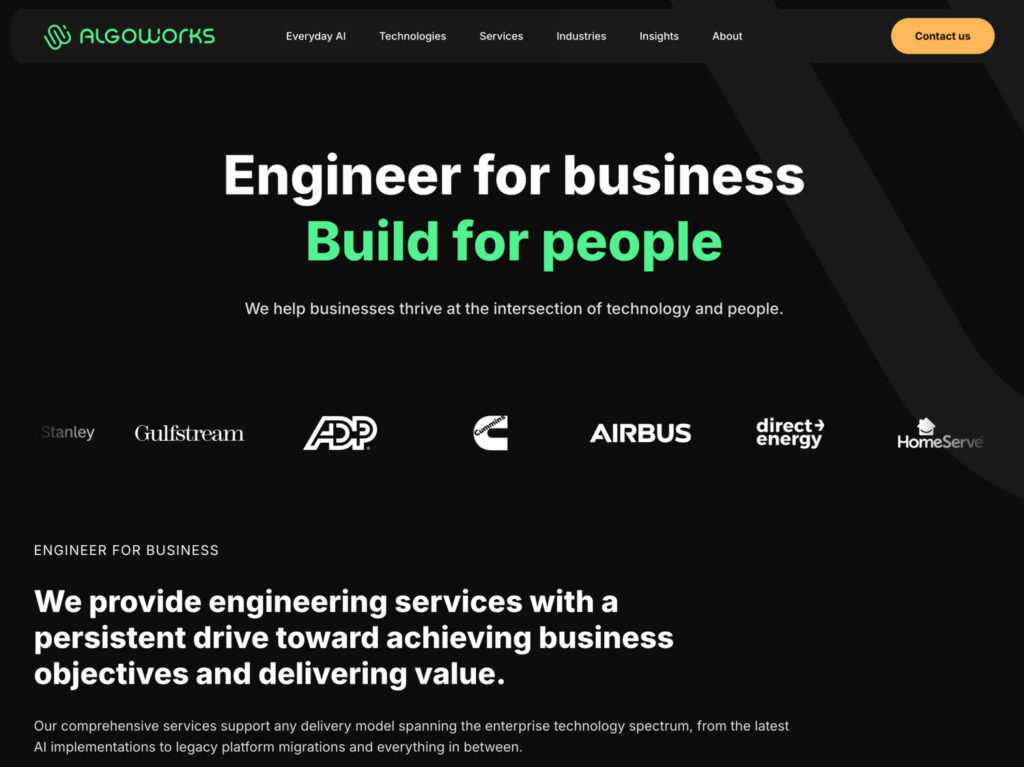
Algoworks has built its name on having depth. More than 150 certified Salesforce developers, spread across teams that know the platform inside and out. That scale gives them flexibility. If a client needs to spin up a new integration or expand an existing build, there are enough hands to move quickly.
Their approach leans collaborative. Clients aren’t just handed a finished system, they’re part of the design process. That can mean more workshops and back-and-forth, but it also means the end product tends to stick.
As a Salesforce Summit (Platinum) Partner, Algoworks has the credentials to back it up. They cover the usual consulting and development work, but also dive into third-party integrations and AppExchange app builds.
Pros
- Large pool of certified developers
- Collaborative, workshop-heavy delivery style
- Strong integration and AppExchange expertise
Cons
- Bigger structure can mean slower decisions
- Not always the best fit for smaller, fast-moving startups
3. Itransition – Best for Holistic Tech Ecosystem Fit
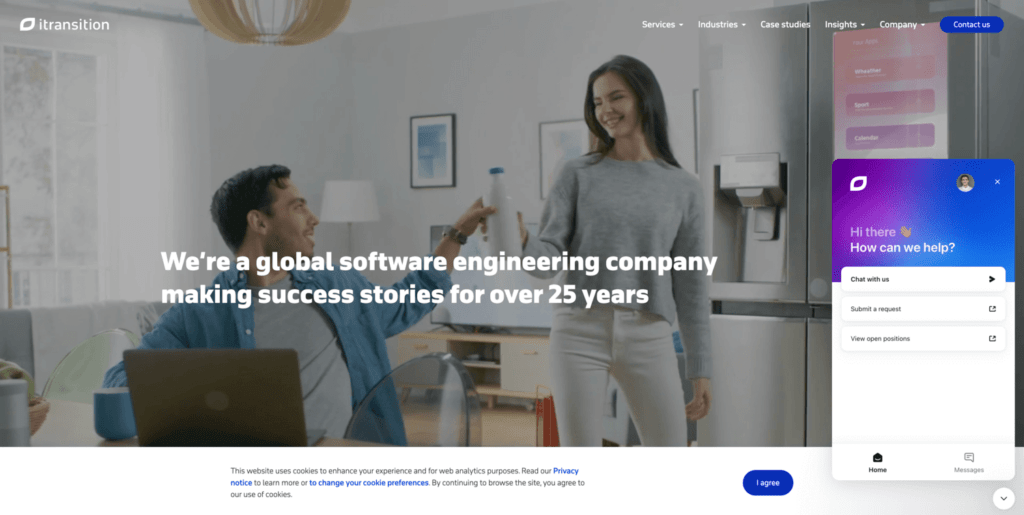
Itransition comes at Salesforce from a broader IT consulting background. They’ve got over 98 Salesforce certifications, but what sets them apart is how they look beyond the CRM itself. For them, Salesforce is one piece of a larger technology puzzle, and they’re good at making sure that puzzle fits.
Their teams handle everything from migration and customization to Einstein and Marketing Cloud. That mix makes them useful for companies that need Salesforce connected deeply into the rest of their systems – not just sales and service, but the wider stack.
Recognition helps too. Deloitte Technology Fast 500, the Global Outsourcing 100. They’ve been around, and it shows in the way they handle governance and long-term planning.
Pros
- Wide expertise across IT domains, not just Salesforce
- Strong certifications across multiple Salesforce products
- Recognized track record with global clients
Cons
- Can be overkill if you only need a straightforward setup
- Larger projects may mean longer lead times
4. Ascendix – Best for Real Estate & Finance Verticals
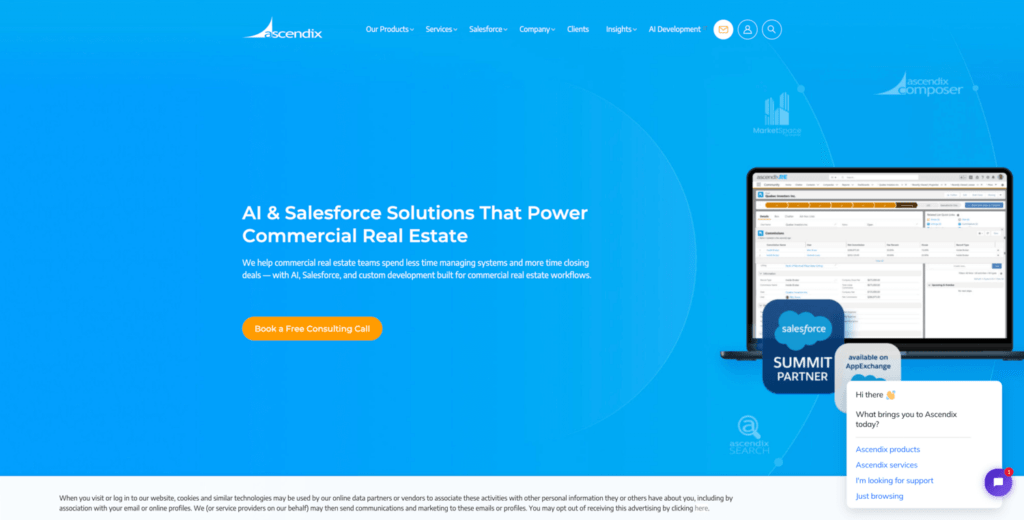
Ascendix has been around longer than many players on this list. Founded in 2001, with headquarters in Dallas and delivery centers in Ukraine, they’ve built deep roots in industries where Salesforce isn’t always a natural fit – real estate, property management, and financial services.
What makes them stand out is the mix of consulting and product development. Ascendix is an ISV partner, which means they don’t just implement Salesforce, they also build apps that extend it. Their in-house products give clients extra tools tailored to capital markets and real estate workflows. For teams in those spaces, that’s a serious edge.
Outside those verticals, they’re still a solid consulting partner, but their sweet spot is clear: niche, structured industries where off-the-shelf Salesforce can feel too generic.
Pros
- Long track record in real estate and finance
- Dual role as both consultant and ISV app developer
- Experienced team with strong client relationships
Cons
- Less relevant outside their focus industries
- Not geared toward fast-paced startups needing quick pivots
5. Rackspace Technology – Best for Managed Services
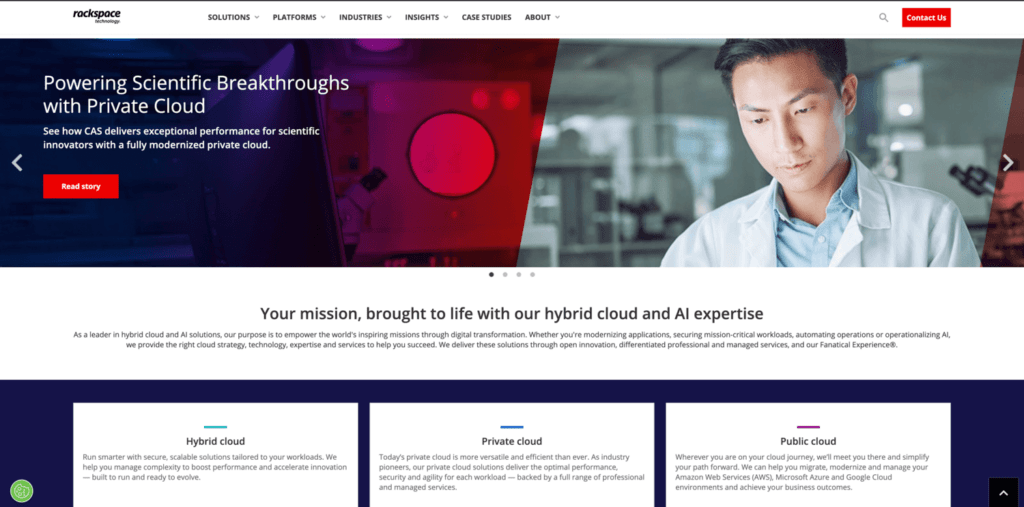
Rackspace comes from the managed services world, and that DNA shows in their Salesforce offering. Their focus isn’t just on standing Salesforce up, but on keeping it running smoothly over time. For companies that don’t want to build a big internal admin team, that’s a major plus.
They offer “quick start” solutions to get businesses moving fast, with the option to grow into predefined packages or full custom builds. The support doesn’t stop after go-live. Rackspace leans heavily on its 24/7 operations teams, which is exactly what you’d expect from a global managed services provider.
They’ve earned rewards too: Dell Technologies 2023 Global Partner of the Year, Top 50 Inspiring Workplaces in both EMEA and North America.
Pros
- Strong managed services focus with round-the-clock support
- Flexible options, from quick starts to enterprise-level builds
- Trusted global brand with award recognition
Cons
- Can feel process-heavy for smaller teams
- Less emphasis on niche customization compared to boutiques
6. Melonleaf – Best for Startups and Growing Teams
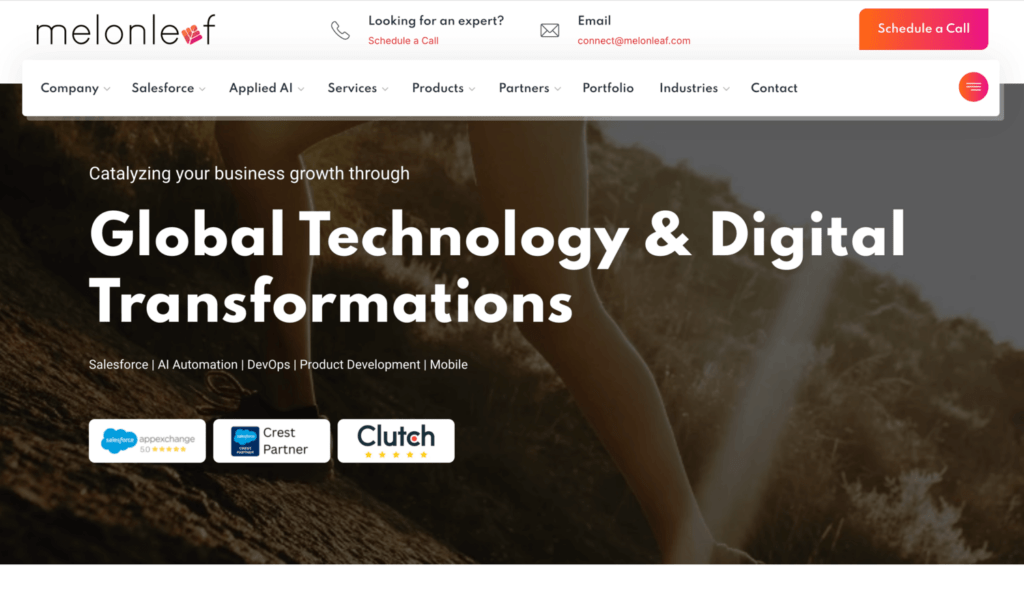
Melonleaf is one of the younger names in the Salesforce partner space, and that’s part of why they’re interesting. They don’t carry the weight of a giant consultancy. No rigid playbook, no three-month kickoff before anything happens.
For startups or fast-growing teams, that’s refreshing. These are the kinds of companies that can’t wait a year to get Salesforce working. They need something solid in place now, with room to adapt as they grow. Melonleaf leans into that.
They have technical depth, sure, but what stands out is the attention to how people actually use the system. It’s easy for a consultant to tick the boxes, turn on a bunch of features, and call it a day. Melonleaf tends to go further, checking whether the setup feels natural for the people on the ground. A clean interface, a logical workflow, fewer clicks – that’s the kind of detail that keeps adoption high.
Pros
- Agile project delivery with strong collaboration
- Focus on user experience and adoption
- Cost-effective for startups and scaling businesses
Cons
- Still building presence in larger enterprise circles
- Limited visibility in certain regions
Choosing the Right Salesforce Partner
Seeing the range of firms out there, it’s easy to feel stuck. Everyone claims certifications. Everyone promises ROI. But the truth is, the “right” partner depends less on glossy credentials and more on fit.
Start with industry experience. If you’re in real estate or finance, a firm like Ascendix already knows the challenges you face. If you’re scaling a SaaS startup, a boutique like Routine Automation or Melonleaf may give you the flexibility you need.
Next, consider scale. Boutiques stay close to your project and adapt quickly, but they can only handle so much at once. Large system integrators bring depth and stability, but their process-heavy style can slow down smaller teams.
Pricing matters too. Some partners work on packaged models, others scope everything custom. Be wary of anyone who can’t explain pricing clearly.
Finally, look for proof. Real case studies, not just a wall of certifications. A good partner can show you where they’ve solved problems similar to yours.
The red flags are simple: overpromising, limited Salesforce certifications, or a lack of referenceable clients. If you see those, walk away. There are too many strong partners out there to settle.

















